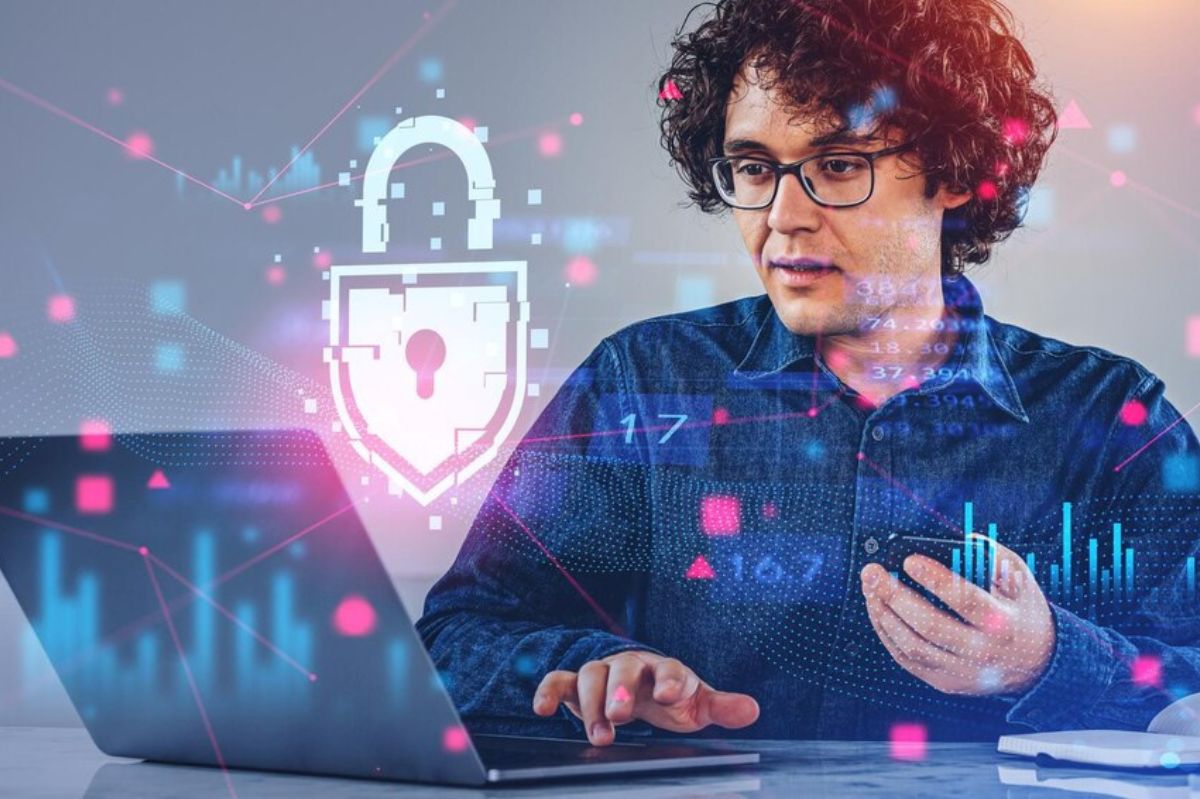The rise of AI is radically changing the situation regarding cybercrime, particularly in disinformation and the impact of phishing. As the true first line of defense, humans must be trained and aware of these new attacks to gain resilience and help their organization in this new merciless fight.
In a world where digital technology shapes our daily lives, cybersecurity is at the heart of businesses’ concerns more than ever. Especially since the rise of AI is a game-changer. On the one hand, it actively participates in strengthening security. On the other hand, it favors the spread of new sophisticated cyberattacks: malicious codes automatically generated by tools like WormGPT, ultra-realistic deepfakes spread by generative AI, more sophisticated phishing, extortion techniques based on audio and video… The tense geopolitical context doesn’t help, with state-led hackers and cyberactivists taking advantage of these new tools to disinform, destabilize, and influence.
Overworked security teams
These new tactics of disorganization raise questions about the collective and individual capacity to disentangle fact from fiction in a constant flow of information. Overloaded, security teams need help figuring out where to turn. Faced with increasing pressure, they crack. And, in a market characterized by a shortage of cybersecurity skills, companies are struggling to cope with the lack of human – and financial – resources to renew teams, burn-out, and staff turnover, leading them into a downward spiral. Which only aggravates vulnerabilities.
“The public sector is mainly targeted because it contains a lot of data likely to be reprocessed, recycled, or resold on the Darknet, whether it is hospital data or data on citizens. On the other hand, IT structures often need to be updated, and security budgets are limited. This combination generates a high interest in data benefiting from weaker protection.
People, the first line of defense against disinformation and cyber threats
Faced with these new attacks, tools are often powerless, and companies will increasingly have to rely on each employee’s critical eye and increased attention. “The level of manipulation of image, audio, and content is becoming so sophisticated that we are all susceptible to being trapped,” underlines Jean-Baptiste Roux. “At the same time, we will have to learn to fight effectively against our own cognitive biases, in other words, against the natural tendency of the individual to be influenced by their preconceptions, which can lead to a misinterpretation or acceptance of information.” A critical point in the context of disinformation industrialized by AI, the ability of each individual to question the information received by putting it into perspective before considering it safe, becomes an essential weapon in the fight against cybercrime.
Raise awareness and instill good behavior.
Human vigilance has always been a key factor in combating cybersecurity threats. Faced with increasingly sophisticated social engineering tactics and omnipresent AI reinforcing the malicious potential of hackers, hacktivists, and cybercriminals, this vigilance is more than fundamental. It requires a profound behavioral change on the part of individuals.
In this digital world where every click can open doors to threats, platforms such as SoSafe are indispensable allies. Human-centered combines behavioral sciences with intelligent algorithms to offer attractive and personalized learning experiences based on the employee’s profile and the data they manipulate. Its innovative approach based on attack simulation equips each employee with the necessary tools and knowledge, transforming them into active agents in protecting their organization. From then on, humans are no longer just the vital link in security; they have become vigilant guardians, ready to defend the integrity of their organization at all times.
Also Read : Strongly Increased Interest In Cybersecurity And Artificial Intelligence







